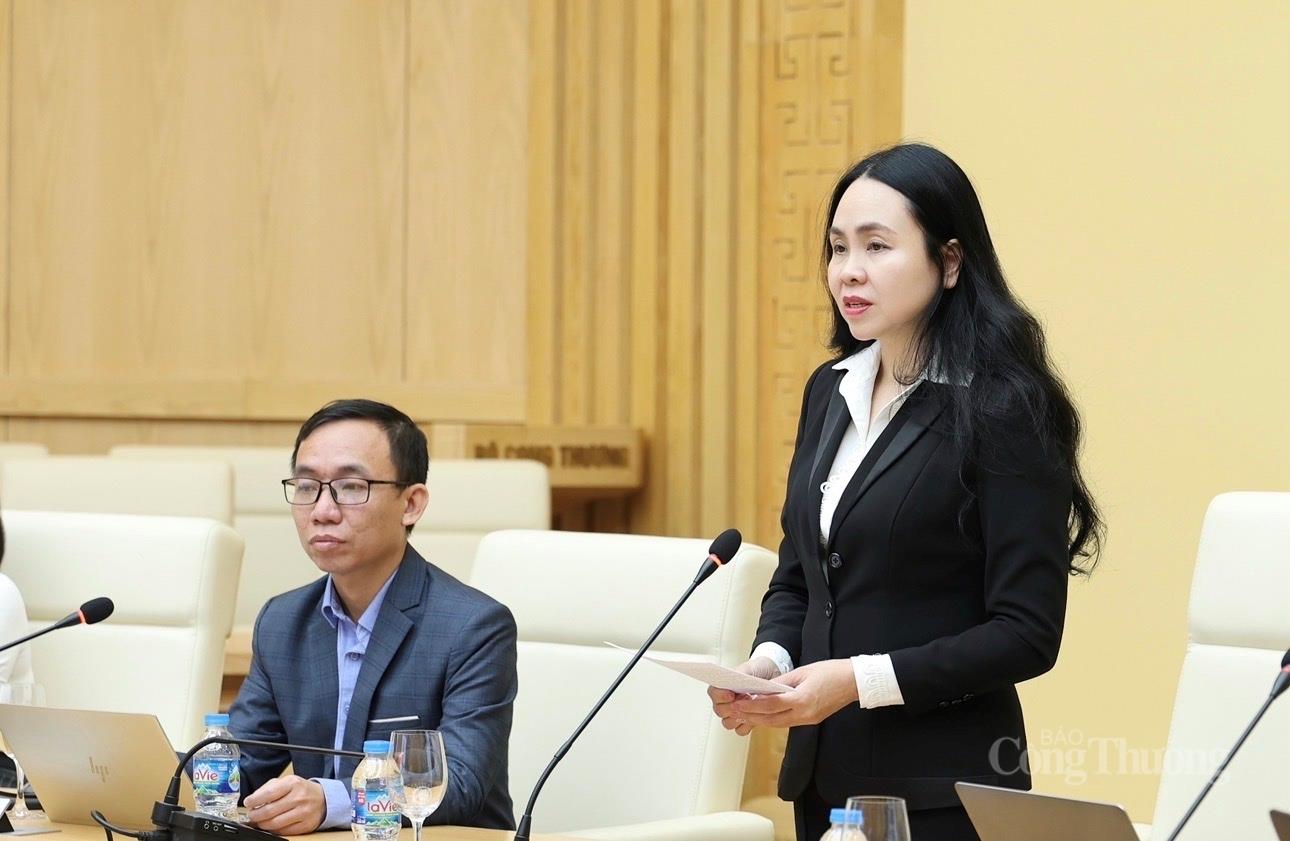
MoIT trains nationwide rollout of centralized public service system
19:05 | 23/03/2025 17:49 | 18/12/2025News and Events
Vietnam pushes biofuel development as part of green growth strategy
In the global shift toward cleaner energy, biofuels are increasingly seen as a strategic solution to reduce greenhouse gas emissions, add value to agriculture, and foster the growth of the biofuel industry. For countries with strong feedstock potential such as Vietnam, biofuels open new opportunities for a green economy.
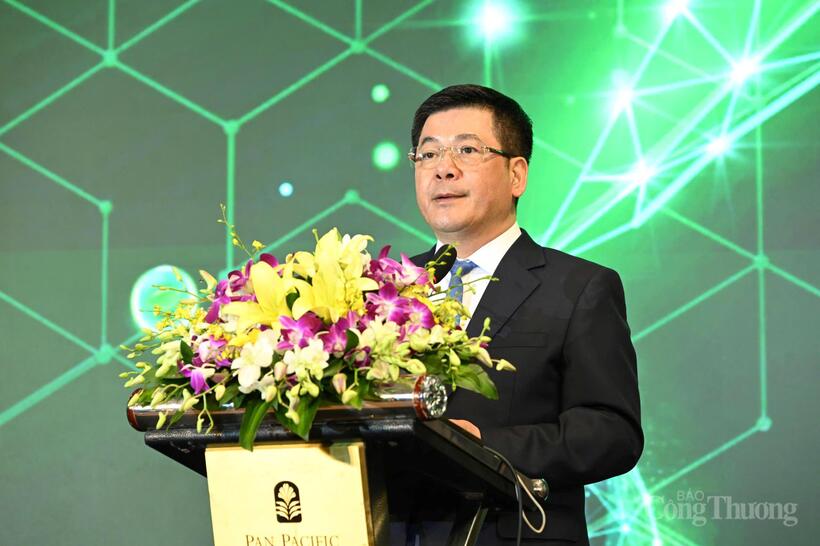
Minister of Industry and Trade delivers opening remarks at the workshop. Photo: Can Dung
“Recognizing its importance, the Party and State of Vietnam have issued numerous policies to promote green and circular economies, viewing them as new drivers of growth in the modern era. At the same time, the country is accelerating its energy transition toward clean and environmentally friendly sources, in line with Politburo Resolution 55 and Vietnam’s strong commitment to achieving carbon neutrality by 2050. Biofuel development has been identified as one of the key directions in the national energy strategy”, Minister of Industry and Trade Nguyen Hong Dien said at the conference.
According to the minister, E10 gasoline has already been piloted in major cities including Hanoi, Ho Chi Minh City, and Hai Phong, and has received positive responses from consumers. Major fuel distributors such as Petrolimex, PVOIL, and Saigon Petro are prepared with blending and distribution infrastructure to ensure nationwide supply of E10 starting January 1, 2026.
However, Minister Nguyen Hong Dien acknowledged that replacing fossil-based gasoline with biofuels faces significant technological, policy, and market challenges. Domestic biofuel production capacity currently meets only around 40% of demand, with the remainder imported from the United States, Brazil, and other partners. This underscores the urgent need to expand feedstock areas, increase ethanol production, and establish stronger, more feasible policies to encourage production, imports, and strategic reserves.
“The purpose of today’s conference is to discuss and propose solutions to these challenges. This is an important forum for shaping the future of Vietnam’s energy sector,” he added, calling on experts and international partners to share insights and propose strategies.
Key discussion points included affirming the role of biofuels in Vietnam’s energy transition, developing technical standards and policies aligned with global practices, assessing the readiness of blending and distribution infrastructure for nationwide rollout of E10 from 2026, and enhancing communication campaigns to raise public awareness and consumer acceptance. Strengthening international cooperation to position Vietnam as an important link in the global biofuel supply chain was also highlighted.
“With the participation of policymakers, scientists, international organizations, and leading enterprises, I am confident the conference will yield innovative and practical proposals to drive sustainable biofuel development in Vietnam,” Trade Nguyen Hong Dien shared.
Upgrading infrastructure and raising awareness
At the event, Dao Duy Anh, Deputy Director of the Department of Innovation, Green Transition and Industrial Promotion, reported on Vietnam’s implementation of Decision 53/2012/QĐ-TTg, which set a roadmap for blending biofuels with conventional fuels. Vietnam adopted nationwide E5 in 2017 and plans to transition to E10 by 2026, with studies on E15 and E20 slated after 2030.
Dr. Dao Duy Anh noted that the success of biofuel adoption depends on lessons learned from past implementation, stronger coordination among ministries, localities and businesses, and greater international cooperation to transfer technology and share best practices. Expanding public outreach campaigns to win consumer support was also emphasized.
Speaking at the forum, Gabriel Ho from the Global Green Fuels Center said Vietnam’s fuel supply chain is at a “critical transition” as it moves from E5 to E10 nationwide. Ensuring distribution infrastructure can handle larger volumes of ethanol imports and blending is essential, requiring upgrades to ports, depots and storage facilities across the country. Both state-owned distributors such as Petrolimex and PVOIL and private operators will play a crucial role.
“Vietnam urgently needs a coordinated strategic approach to manage rising ethanol volumes and ensure fuel supply reliability nationwide,” Gabriel Ho said.
The international biofuel conference, themed “Developing Biofuels in a New Era - Key Tasks to Build a Sustainable Fuel Future for Vietnam”, comes as the country accelerates efforts to honor its climate commitments, reduce emissions, and achieve net-zero by 2050.

19:05 | 23/03/2025 17:49 | 18/12/2025News and Events
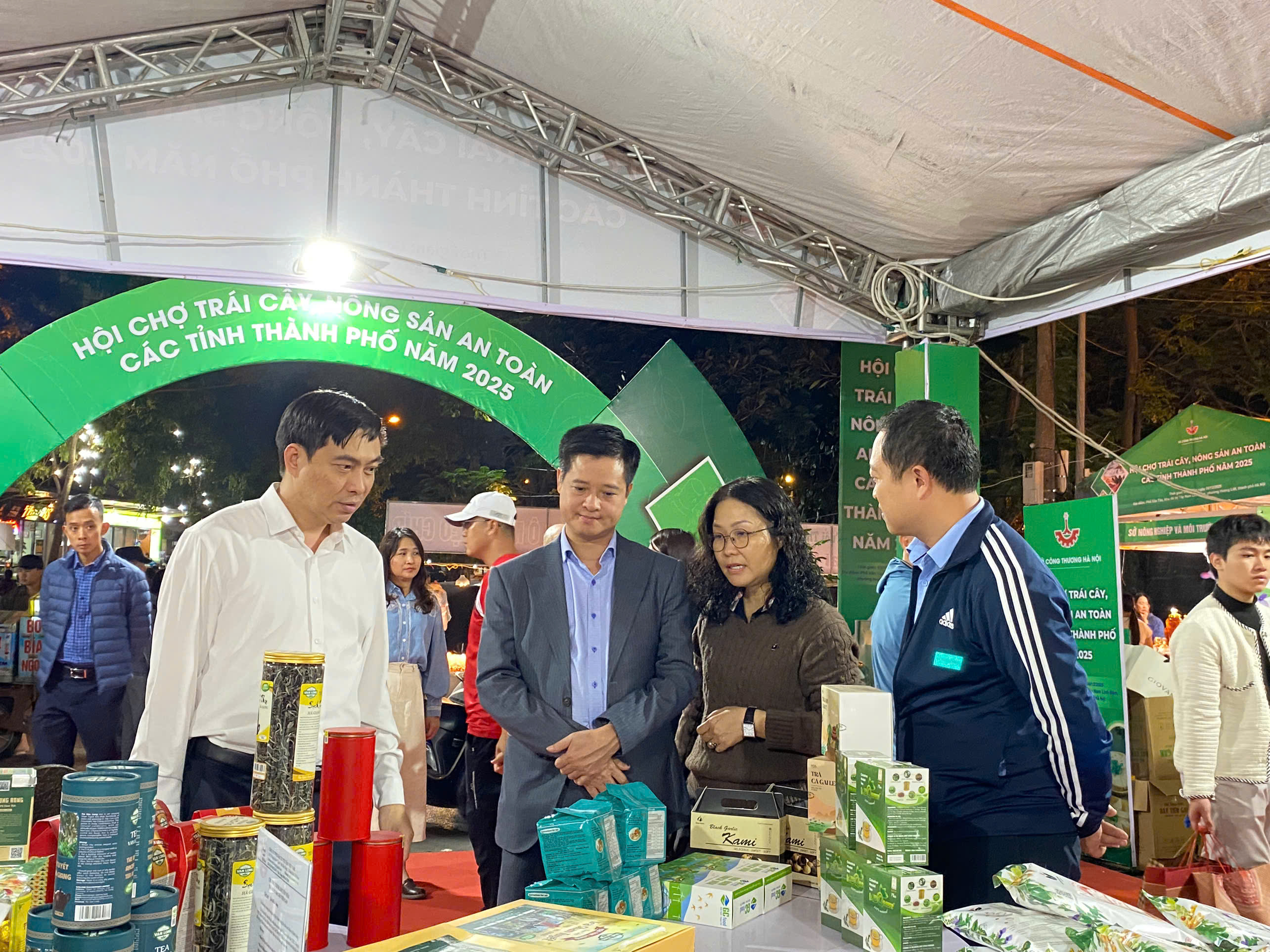
19:05 | 23/03/2025 17:46 | 18/12/2025Trade
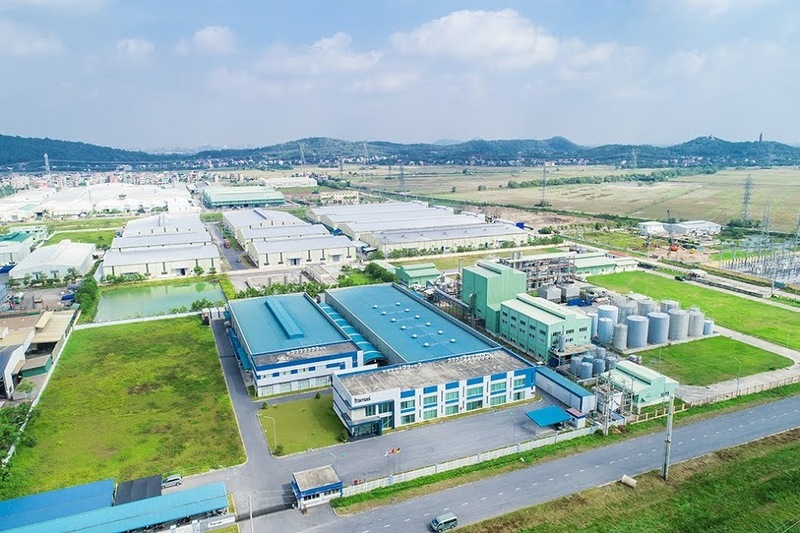
19:05 | 23/03/2025 00:05 | 18/12/2025News and Events
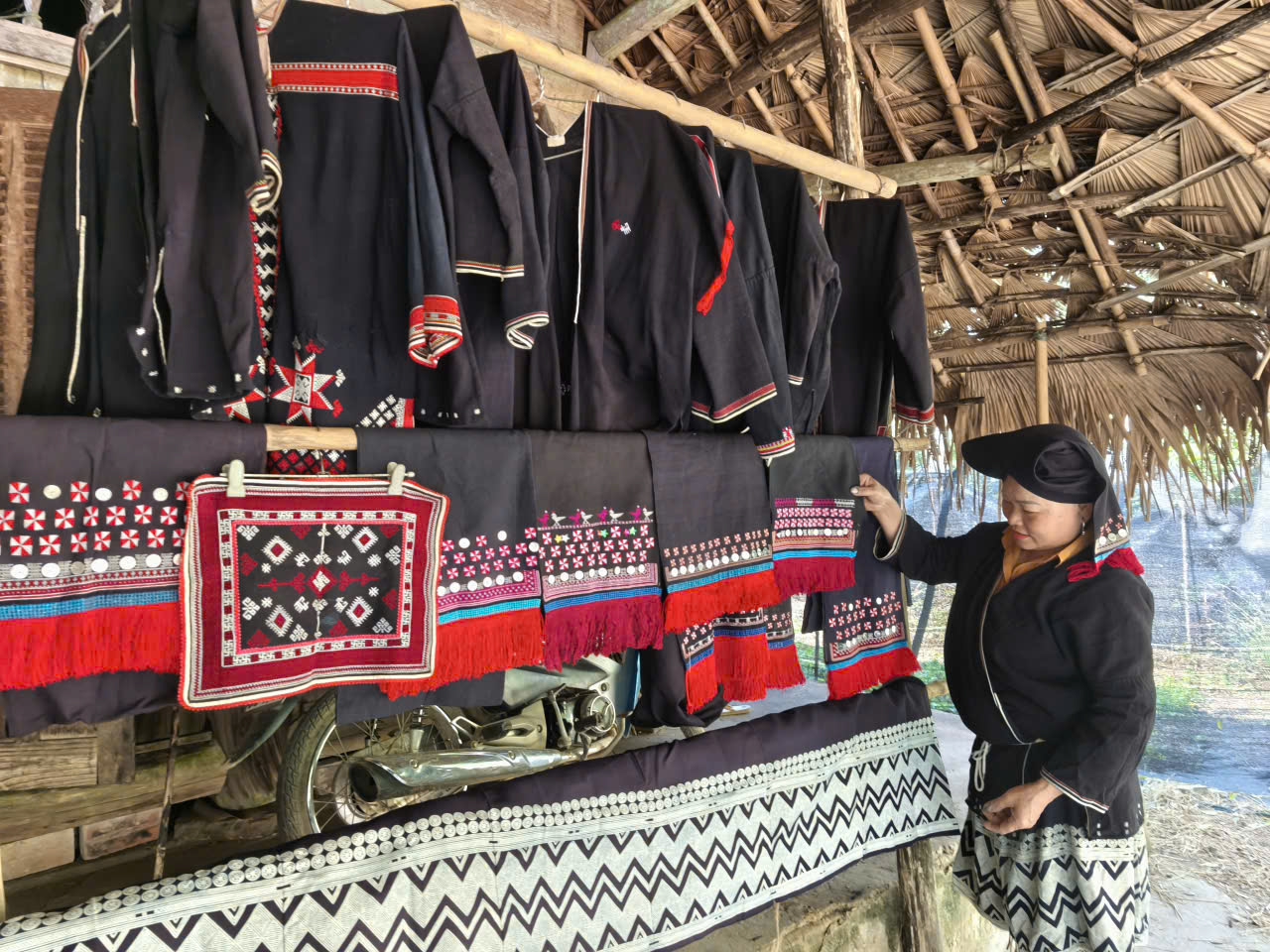
19:05 | 23/03/2025 00:03 | 18/12/2025Tourism

19:05 | 23/03/2025 21:58 | 17/12/2025Industry